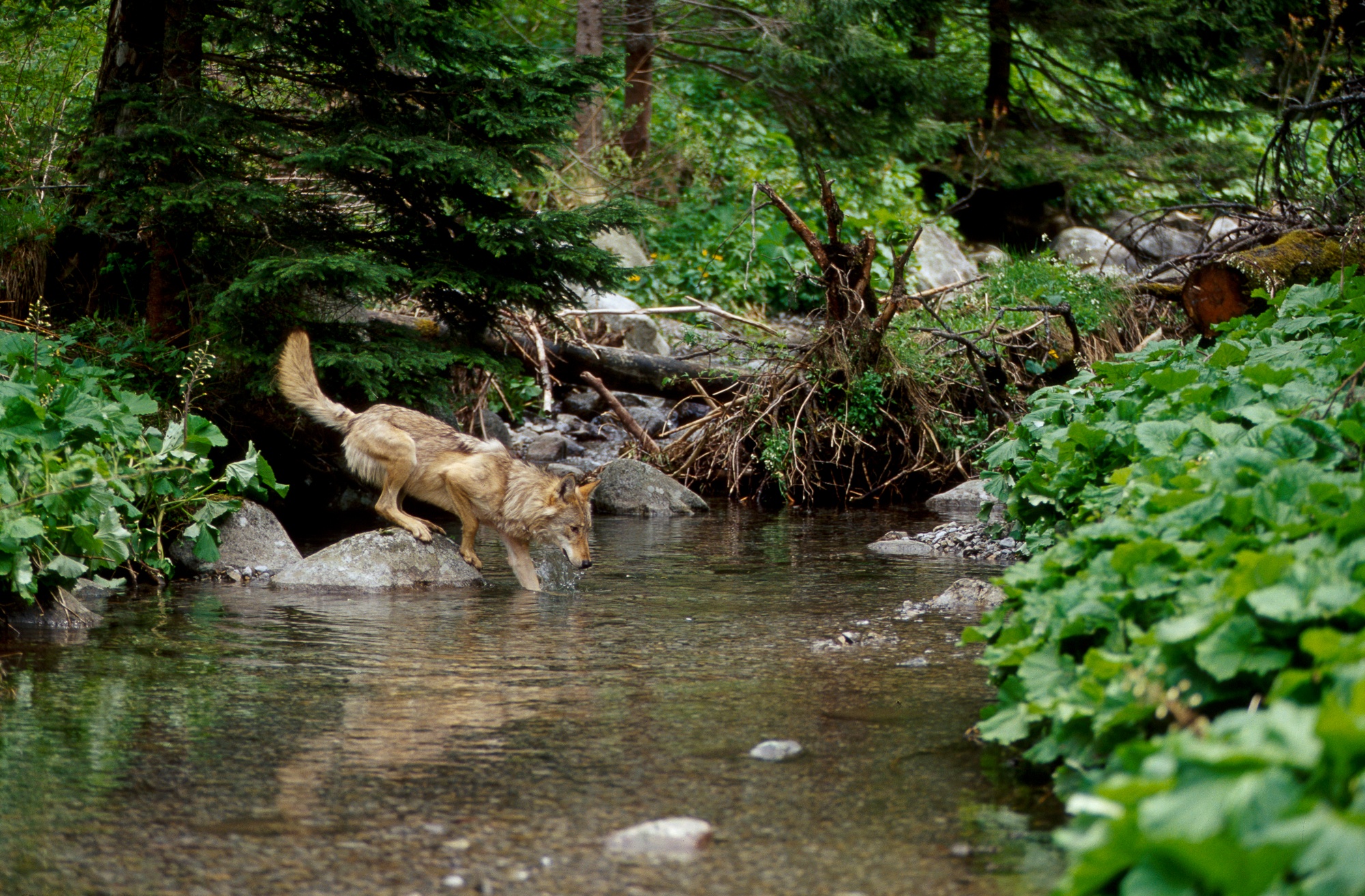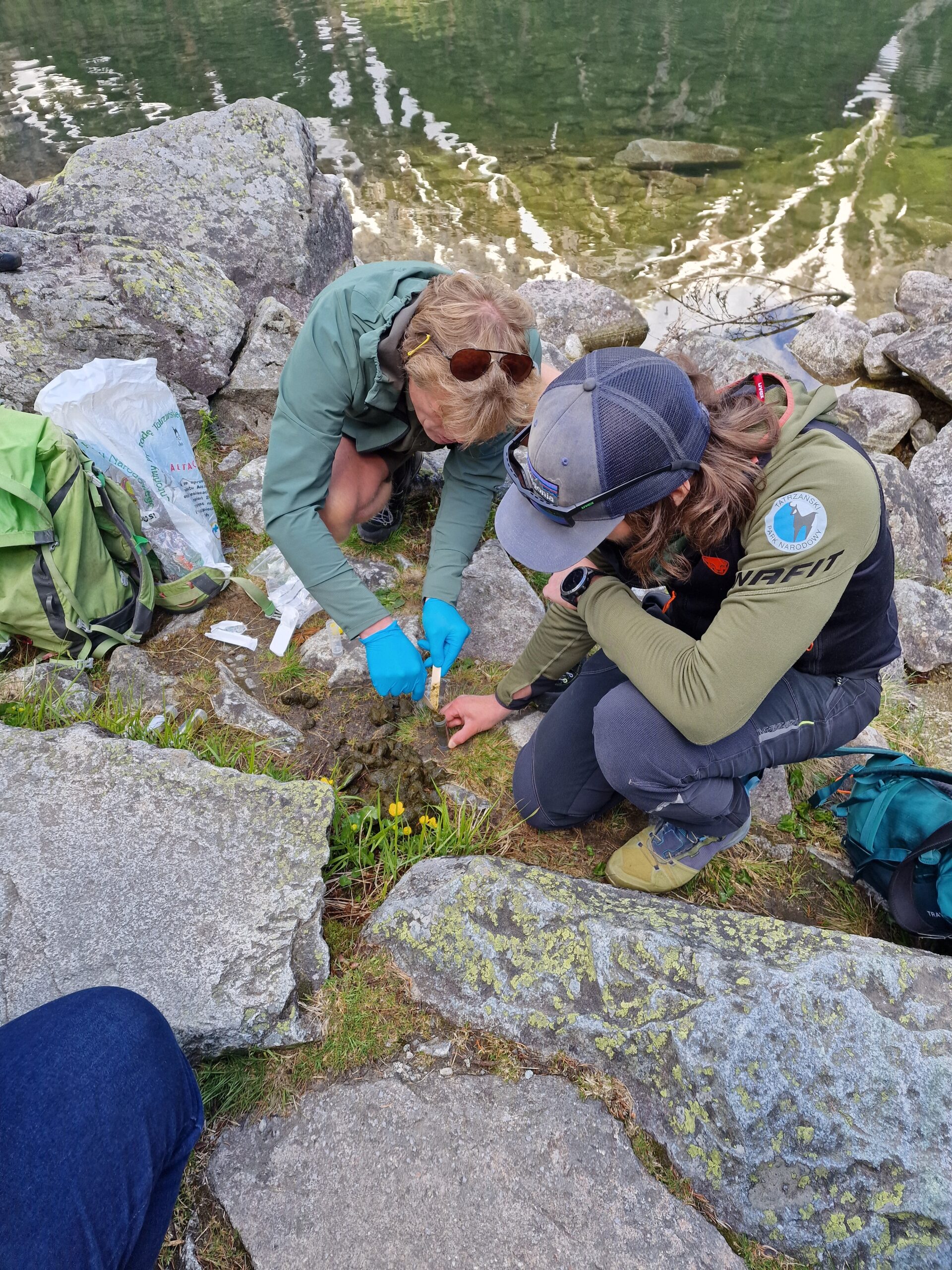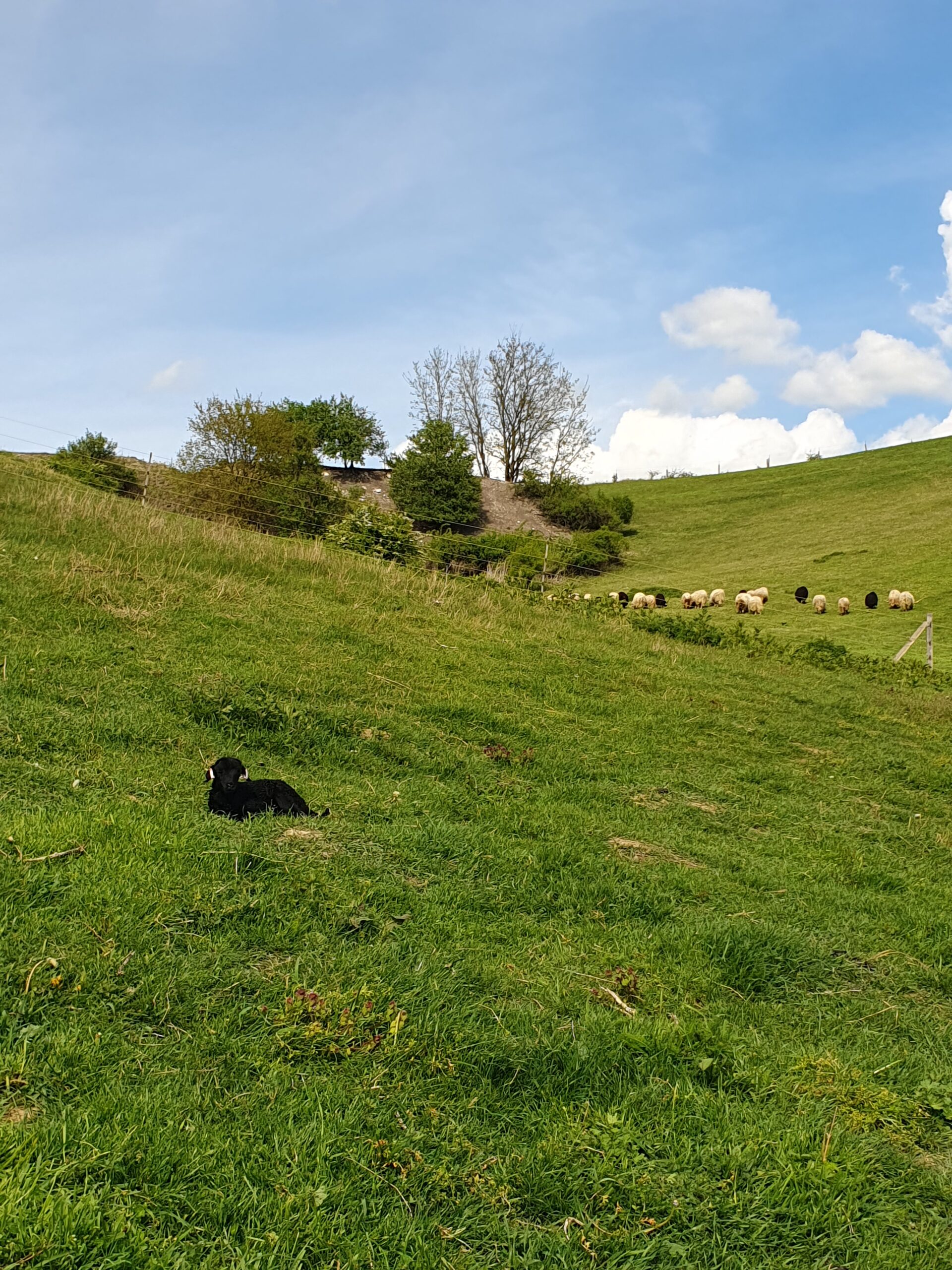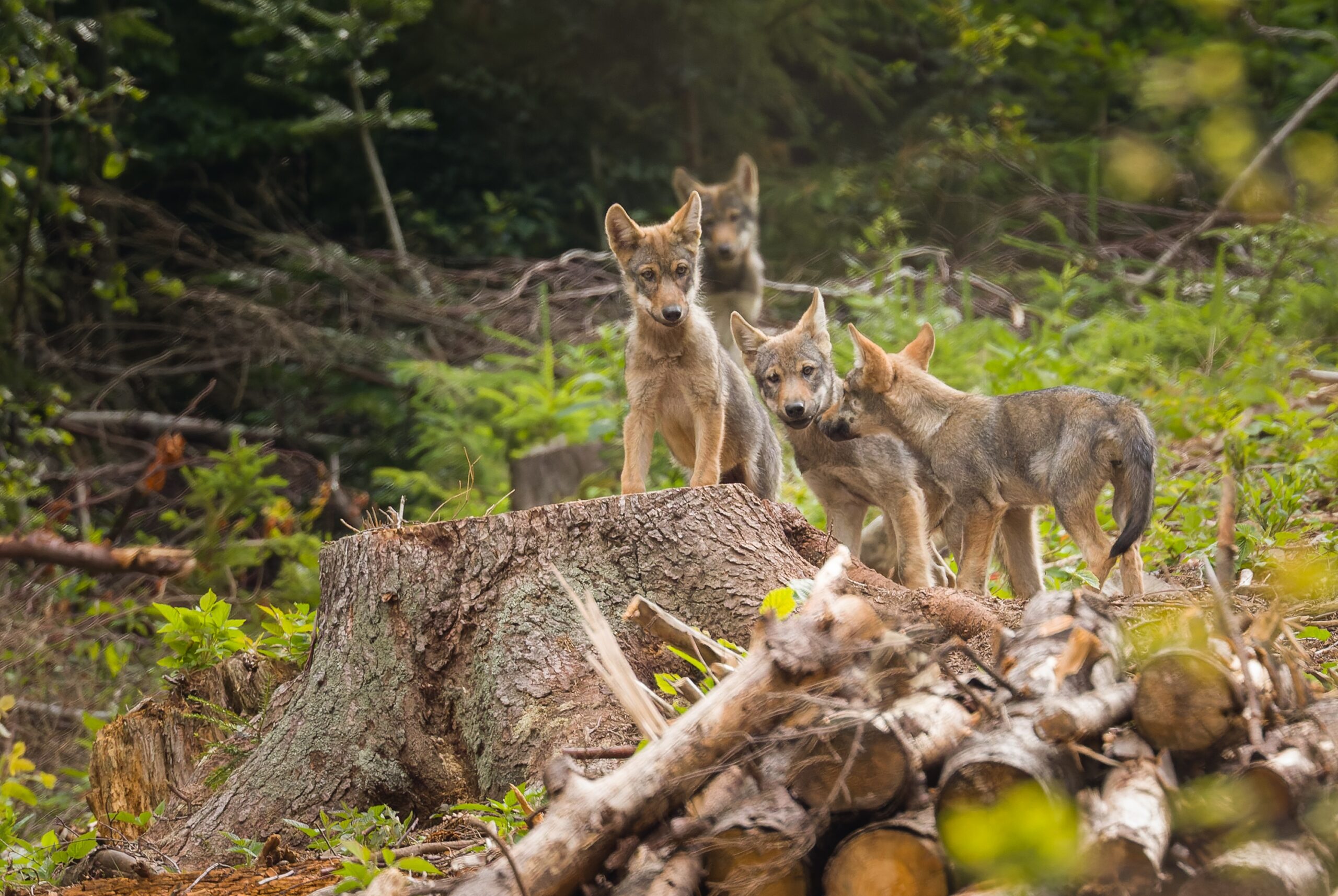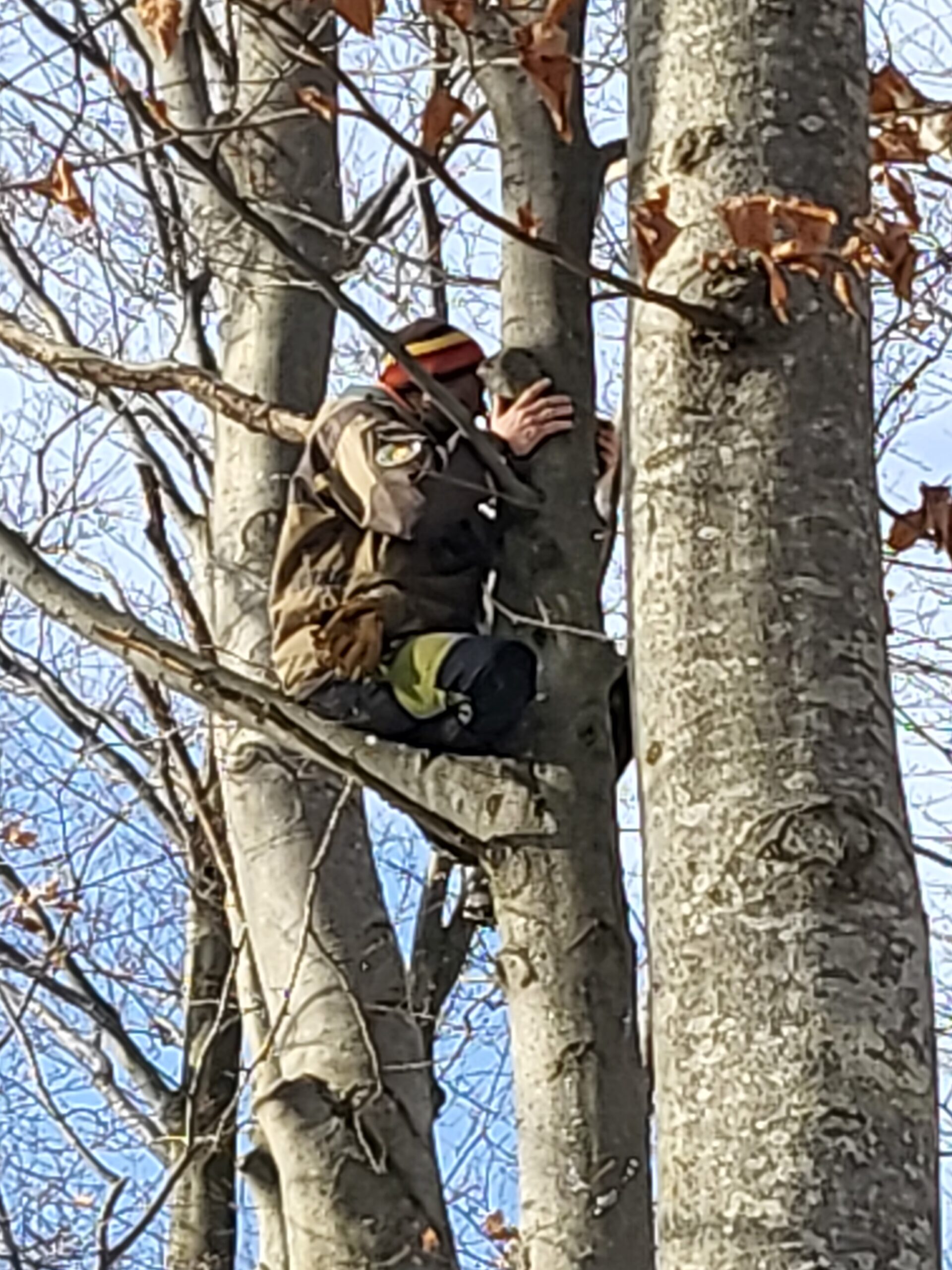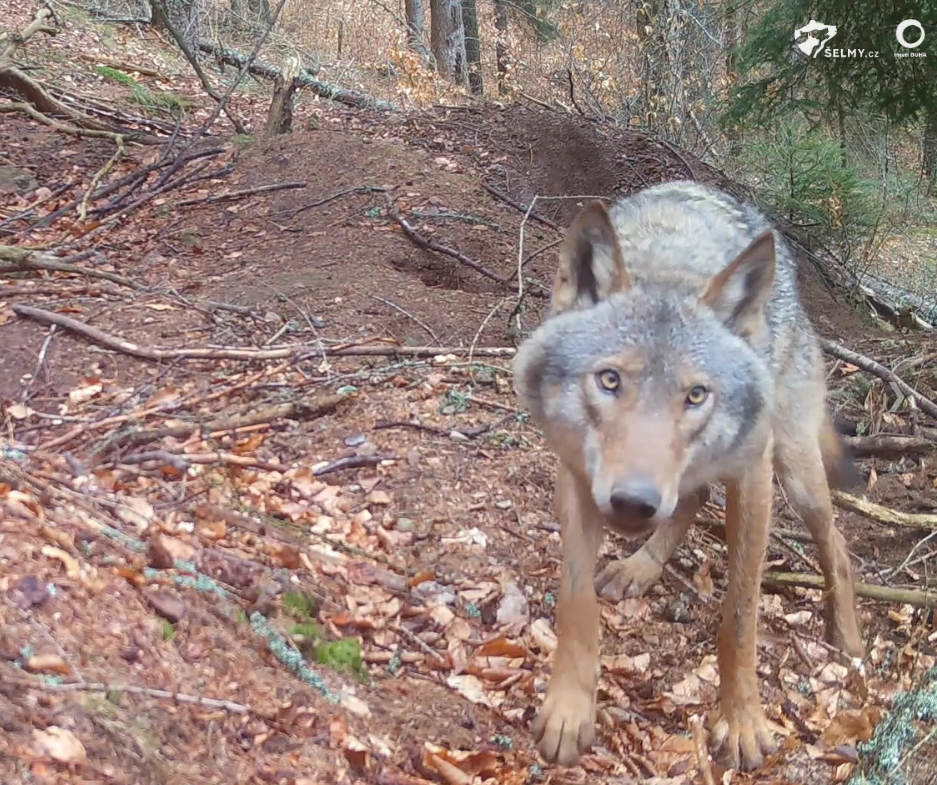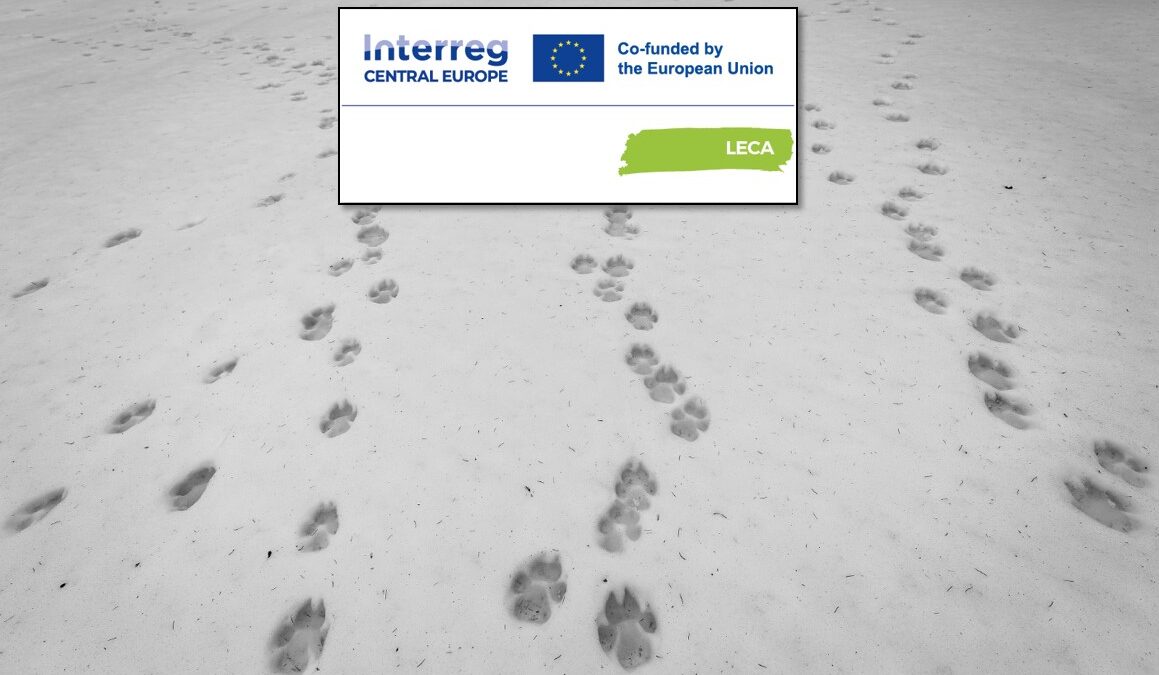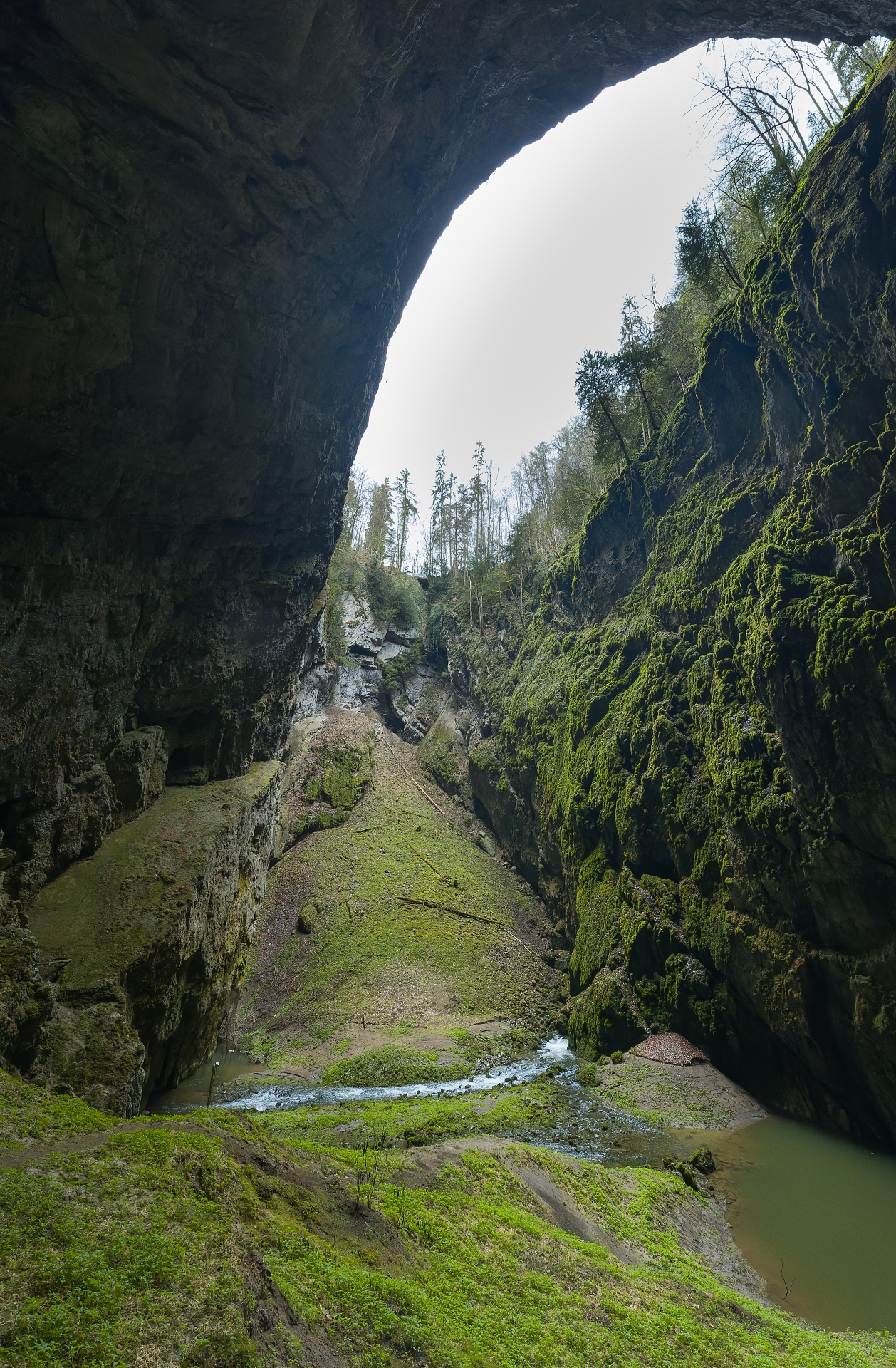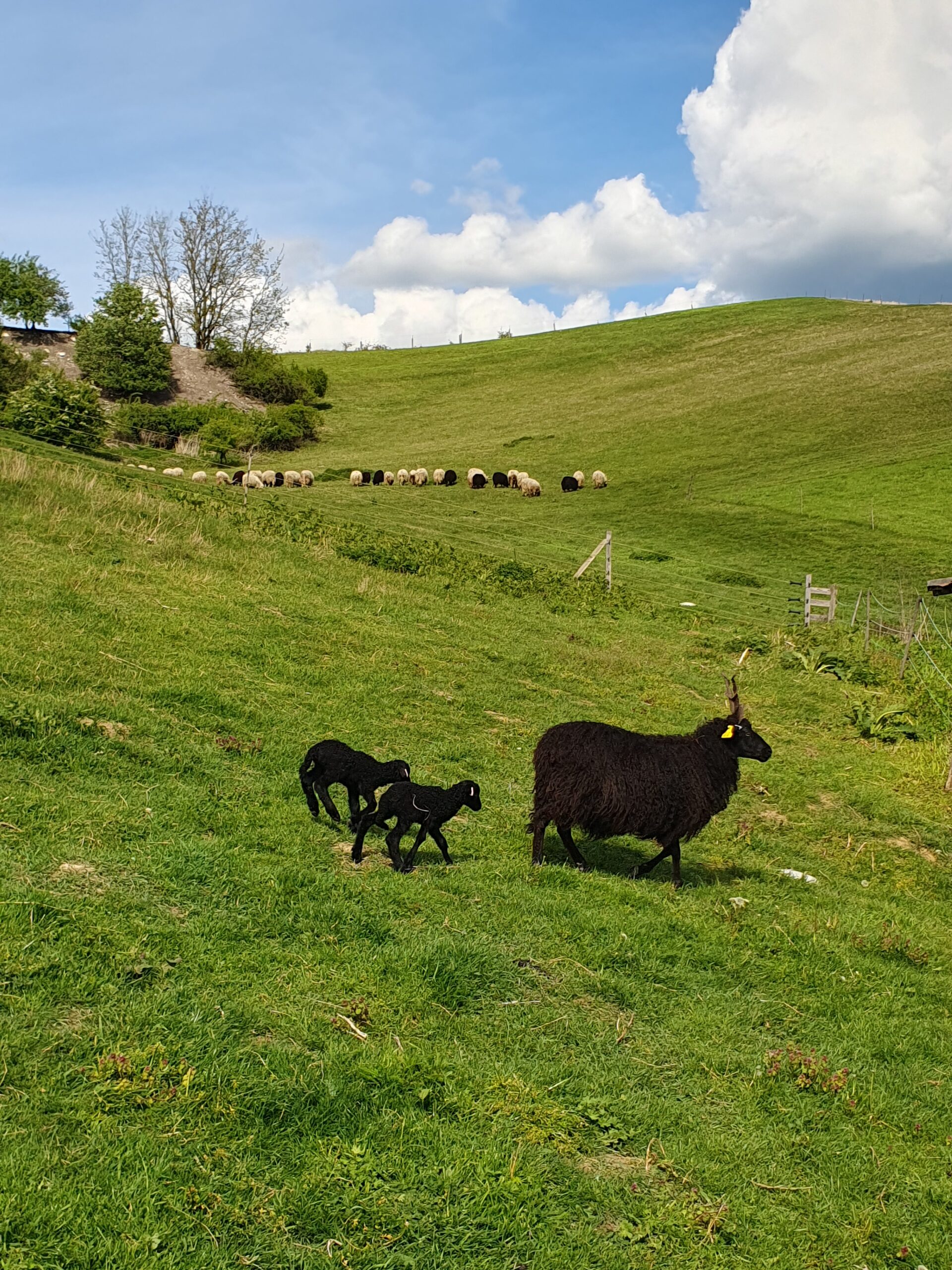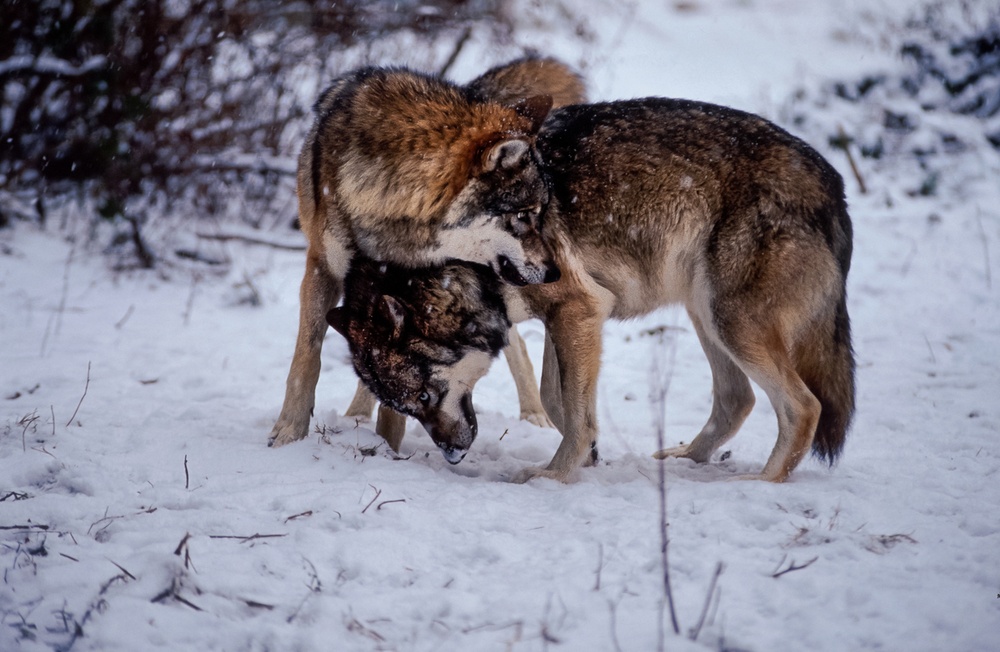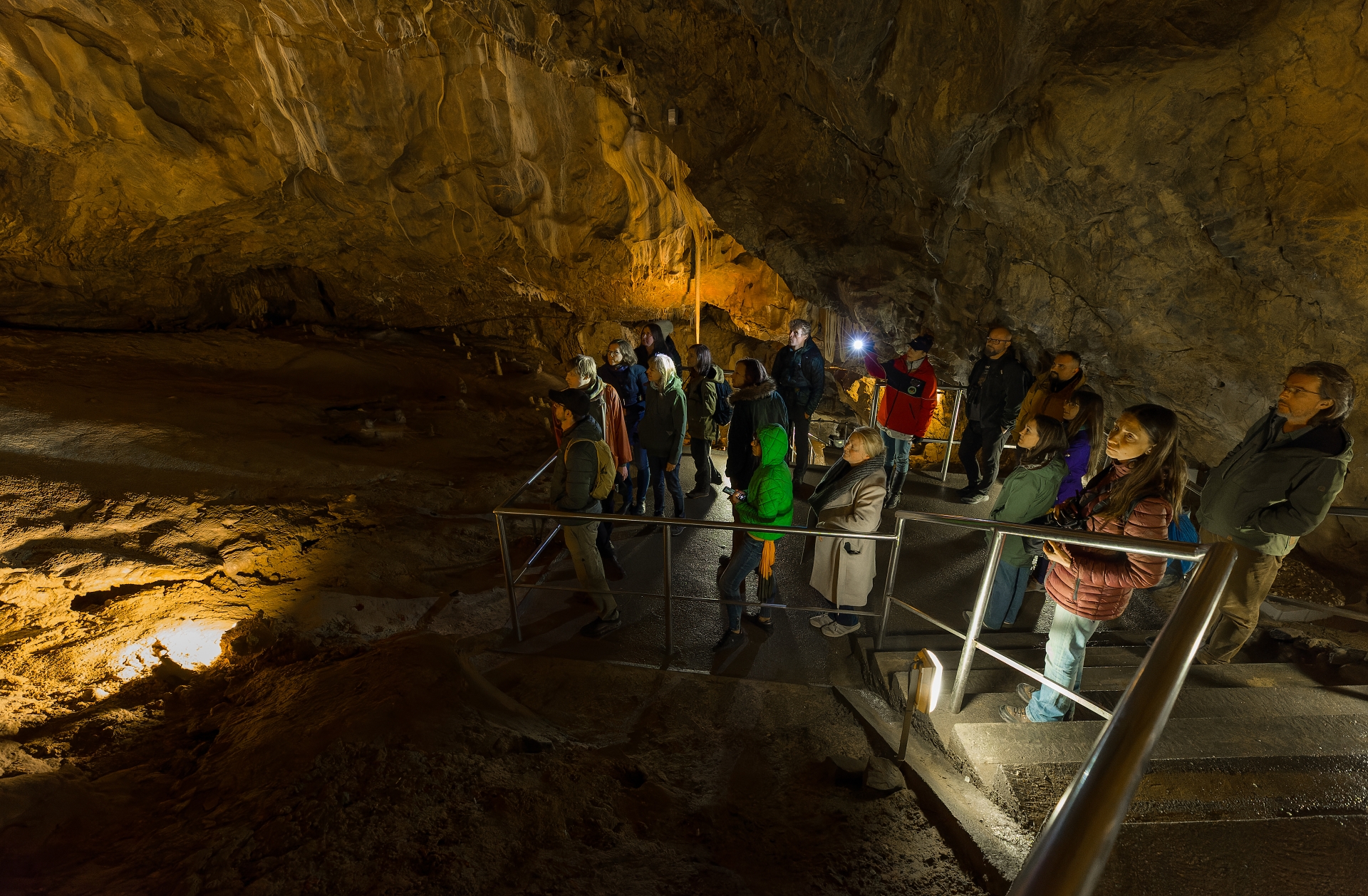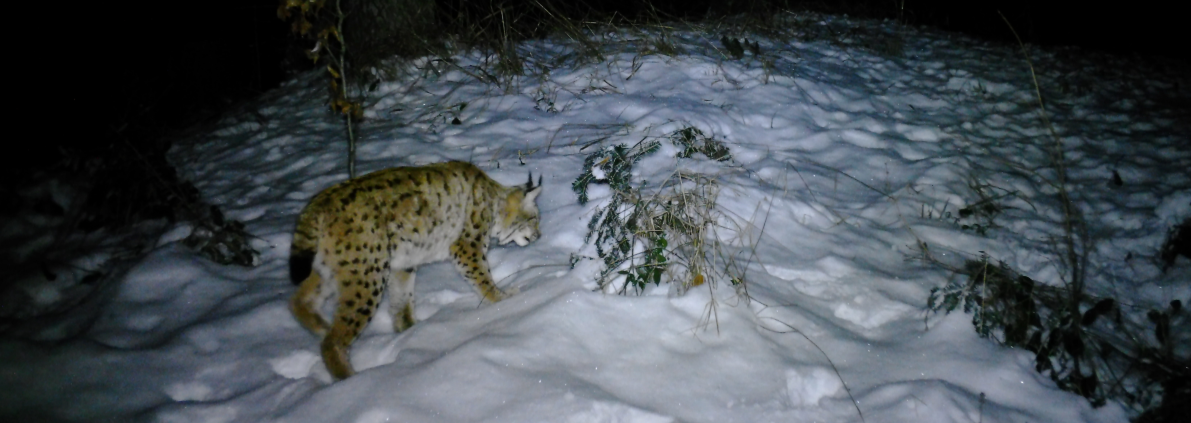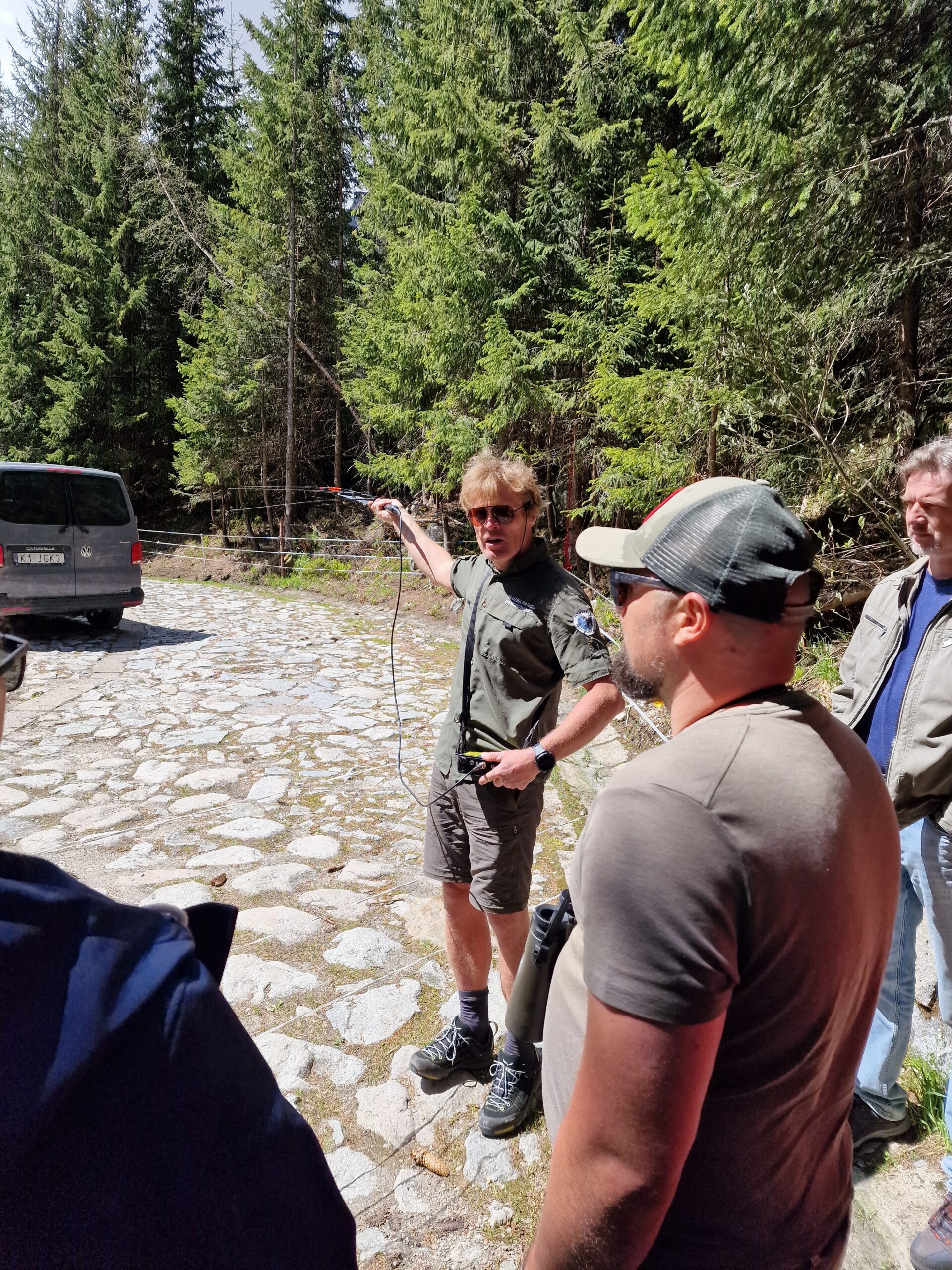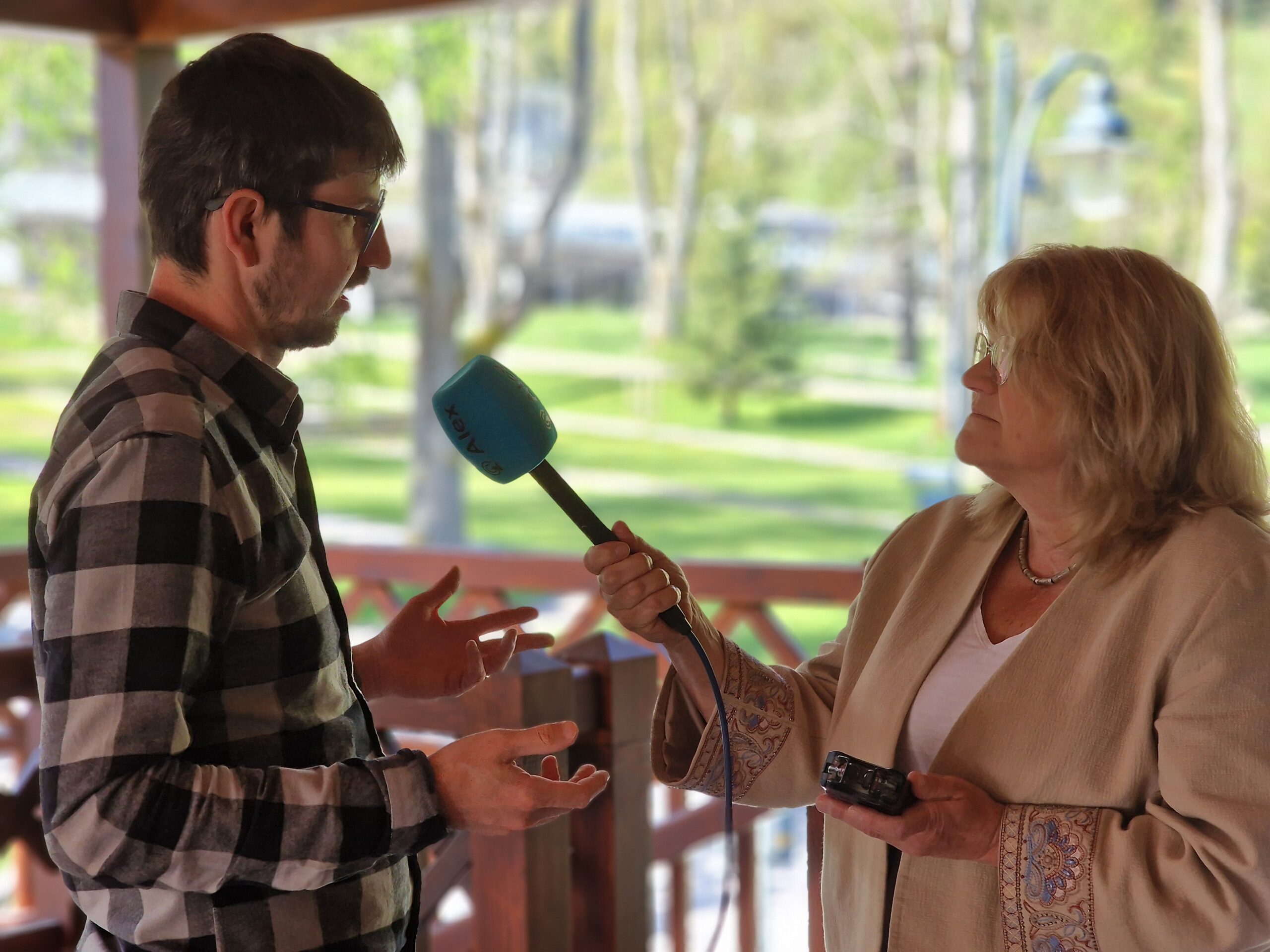Project overview
Supporting the coexistence and conservation of Carpathian LargE CArnivores
The Carpathians are home to large populations of lynx, wolves and bears. In recent years, conflicts between large carnivores and humans have increased, but no one knows if this is due to growing populations because data are not collected in a harmonised way across borders. The LECA project introduces a consistent and efficient monitoring approach, which involves local stakeholders. It will result in up-to-date population information, coupled with effective conflict prevention measures.
-
2,93m €
-
Project Budget
-
80%
-
of the Budget is funded by ERDF
-
6
-
Countries
-
11
-
Regions
-
12
-
Partners
-
4
-
Pilots
Duration
Start date
End date
Project progress
Project partnership
Project partners

Lead partner
Mendel University in Brno
Department of Forest Ecology
Project partner
Faculty of Forestry/Department of Applied Zoology and Wildlife Management
Természetmegőrzési Osztály (Nature Conservation Department)
Department of Species Protection and Implementation of International Commitments
Roadmap
Setting the scene
Exchange and pre-validation of knowledge
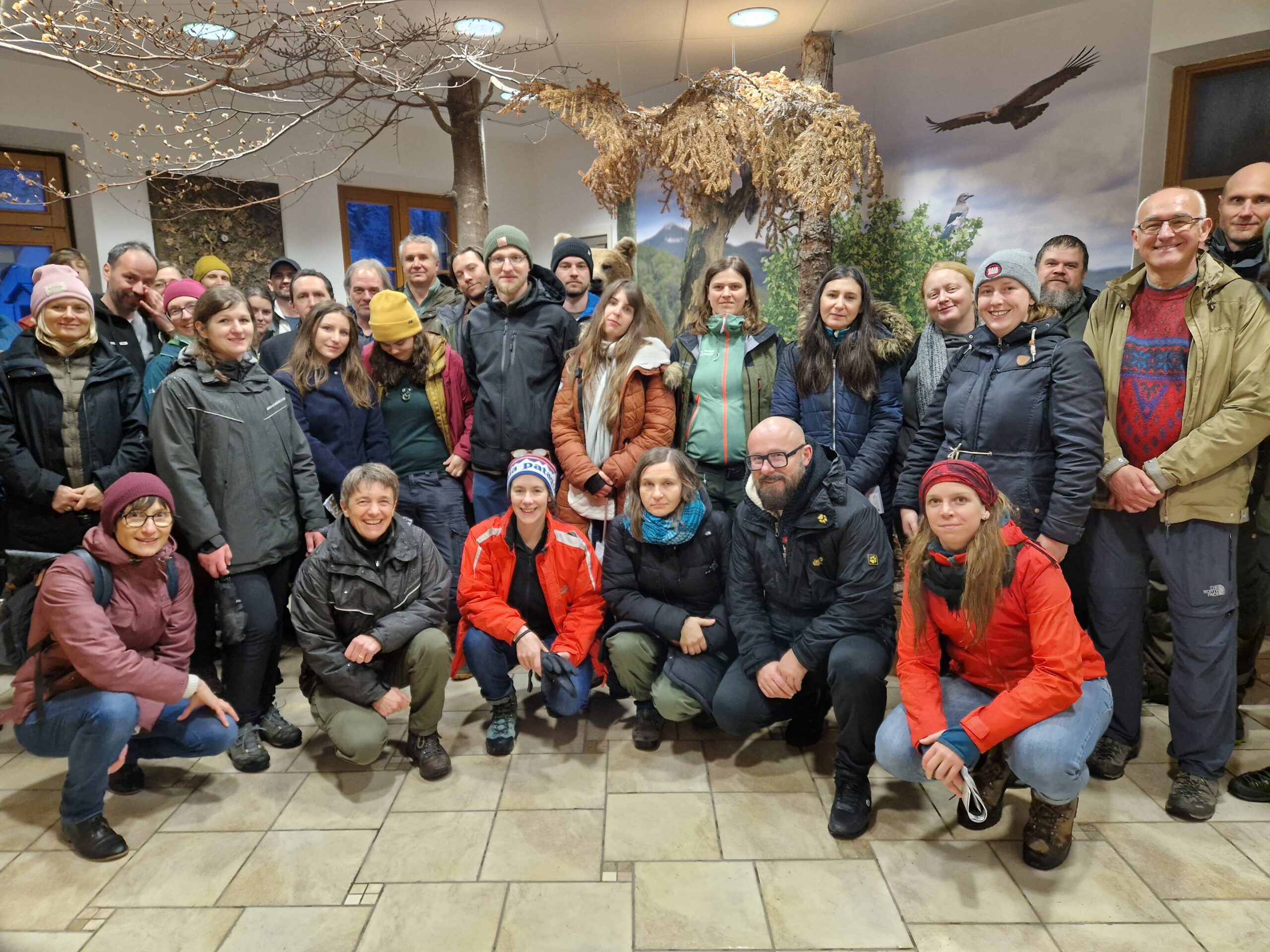
Expert consultations include (1) series of consultations on the LC analyses (monitoring, poaching, conflict prevention) with Carpathian Convention Working Group Biodiversity and with Alpine Convention; (2) draft guidances on monitoring, poaching investigation, conflict prevention to be validated in pilot areas.
Joint preparation of pilot actions
Detailed Pilot Action plans one for each area are prepared and peer-reviewed by partners, building on the results of previous activities.
Establishment of stakeholder platforms
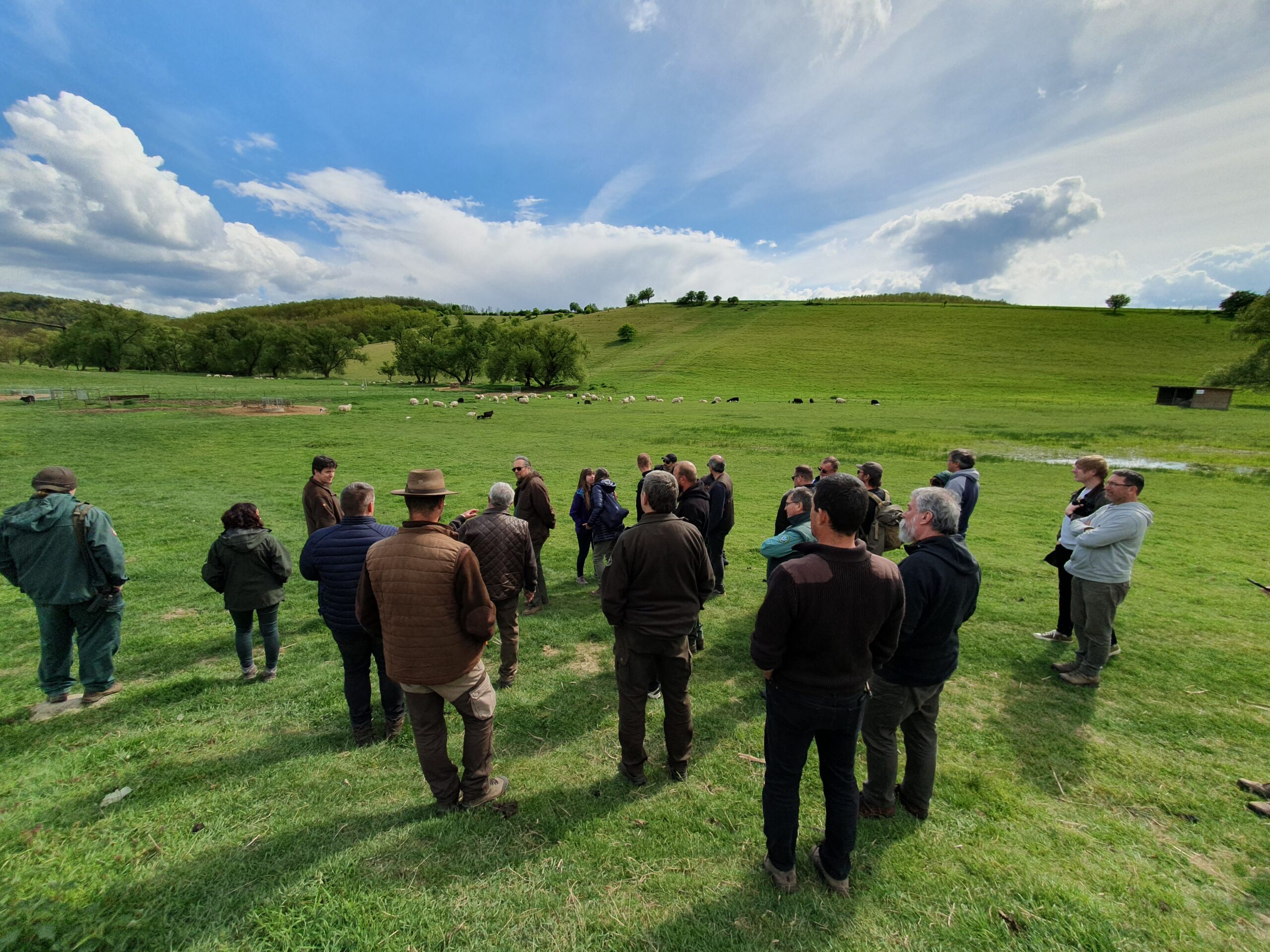
In order to foster communication between the Pilots and local communities we establish cross-border stakeholder platforms in each Pilot Area that will hold regular consultations.
Widening the reachout
Increasing awareness and engagement includes (1) stakeholder engagement using new IT solutions; (2) awareness raising events of LCs based on project outputs and results for the national public.
Implementation of Pilot Actions
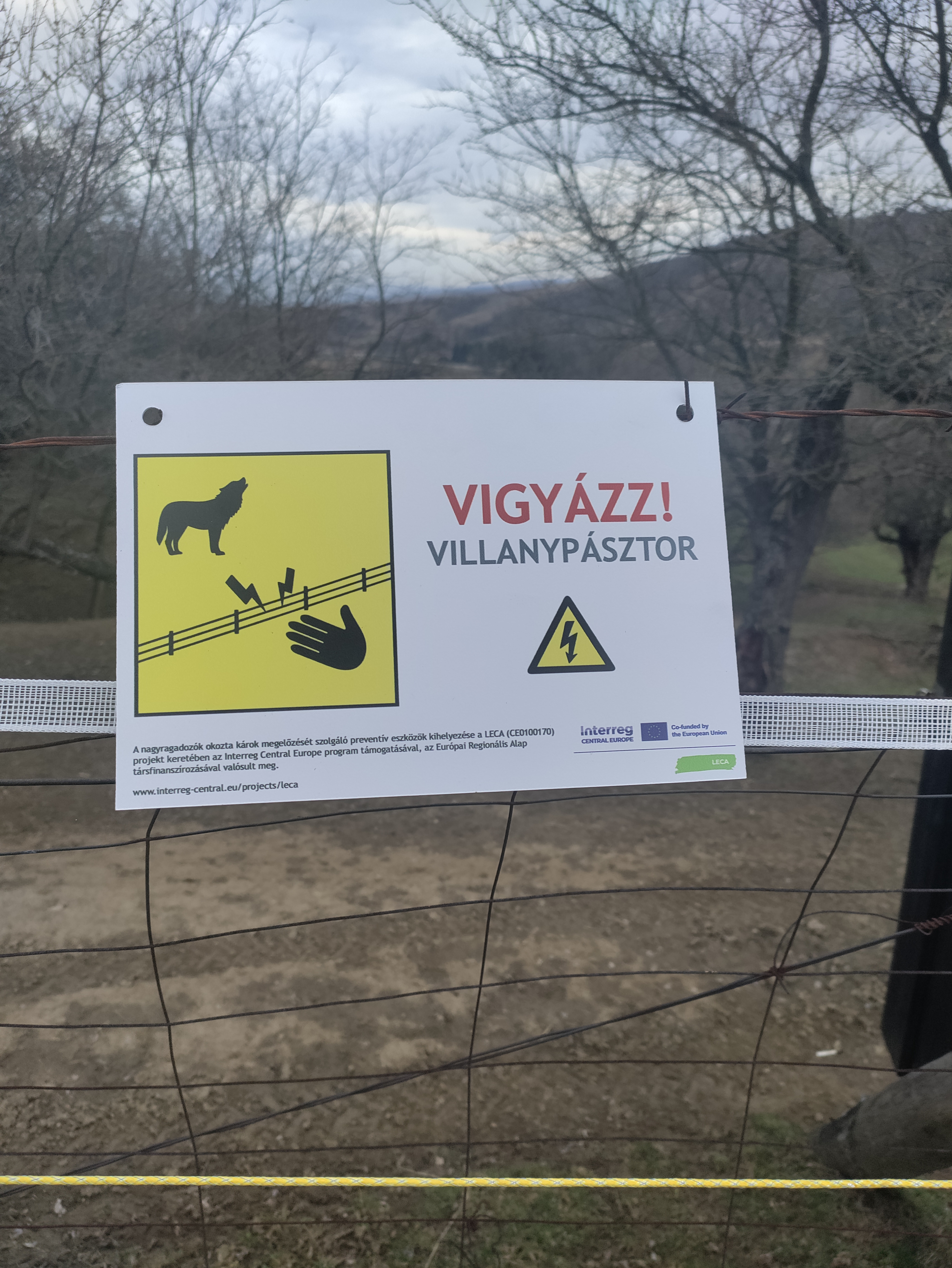
Reports on the results of Pilot Actions implemented on the monitoring, conflict prevention and poaching in pilot areas: Bear in the Tatra Mountains (SK, PL), lynx in the East Carpathians (PL, SK), lynx in the Slovak Karst (SK, HU), wolf in the Western Carpathians (CZ, SK).
Assessments in reference areas and Synthesis of the results
Synthesis of the results of the pilot actions and formulation of strategies includes (1) reports on Reference Areas (SL, RO); (2) joint synthesis of pilot results from pilot areas to feed back into guidelines; (3) local info days at events in Pilot Areas to present pilot action result.
Elaboration of strategies
Elaboration of peer reviewed strategies includes the following activities such as (1) peer reviewed draft local strategies created through workshop; (2) finalised Pilot area level strategies based on ground-proven guidelines on large carnivore conservation in monitoring, poaching investigation and conflict prevention; (3) memorandum of understanding.
Exchange and final validation of pilot results
Final validation of results includes (1) concluding consultations on the validated LC guidances on monitoring, poaching investigation, conflict prevention with the Carpathian Convention and with the Alpine Convention; (2) joint thematic meeting to agree on three finalised guidelines.
Channeling project knowledge to education
Educational activities include (1) the development of training programs in large carnivore conflict prevention for hunters in order to make their encounters with LCs conflict-free; (2) creation of university teaching material in order to spread knowledge about the main project findings.
Bringing project results to national policy levels
Bringing project results to national policy levels includes (1) a series of national roundtable discussions to engage policymakers into formulation of recommendations; (2) national recommendations on LC conservation; (3) national endorsement of national recommendations.
Transnational recommendations and updates
Trans-border activities include (1) revision of the Carpathian Convention Action Plan on LCs; (2) European level recommendations to Agricultural and Fisheries Council on cross-border, transnational and European harmonisation of monitoring, poaching investigation and conflict prevention of LCs based on validated guidances; (3) webinars on LCs organised at the transnational level.
News
Events
Pilot actions
Outputs
Monitoring Thematic Guidance on Large Carnivore conservation in the Carpathians
Poaching investigation Thematic Guidance on Large Carnivore conservation in the Carpathians
Conflict prevention Thematic Guidance on Large Carnivore conservation in the Carpathians
Recommendations for the implementation of the Carpathian Convention Action Plan on large carnivores
Cooperation between partners
Uptake of Strategies on Large Carnivore conservation (incl. monitoring, poaching, conflict prevention) tailored to the 4 cross-border pilot areas
Uptake of National Recommendations on large carnivore conservation and management (monitoring, poaching, conflict prevention) tailored to the core pilot countries (CZ, HU, PL, SK)
IT Solution for stakeholder involvement
Project images
LECA
The project lead partner is responsible for the content of this project website.
